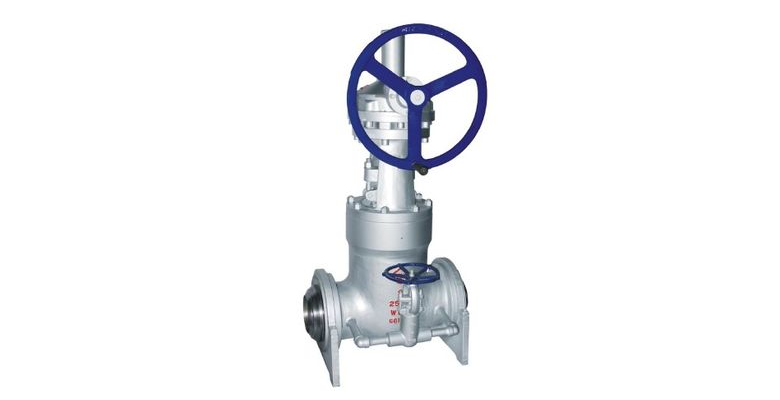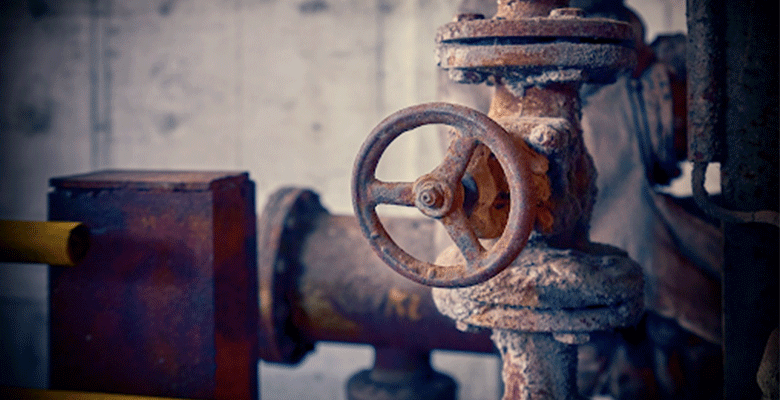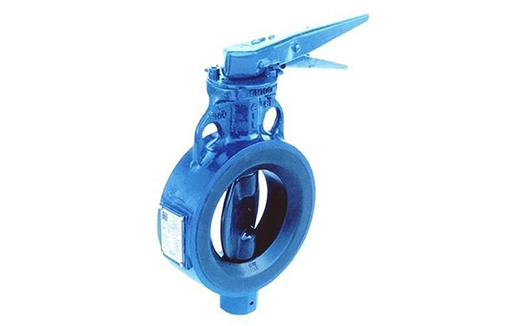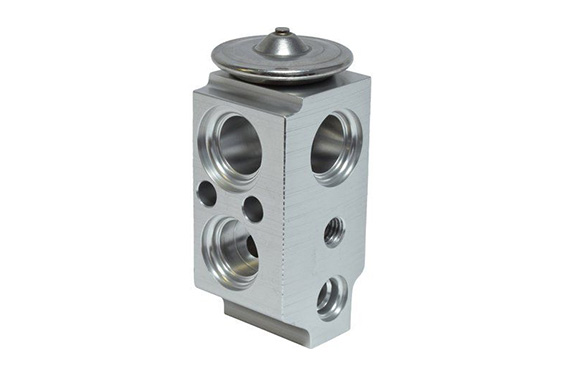The chemical industry is one of the most critical industries in the world. It produces many products, including pharmaceuticals, cosmetics, food and drink, and cleaning products.
One of the most critical aspects of the chemical industry is the use of valves. Valves control the flow of liquids and gasses in various settings and come in a wide range of different types. In this blog post, we will explore the different types of valves used in the chemical industry and how they are used to control the flow of chemicals.
What Is Chemical Valves?
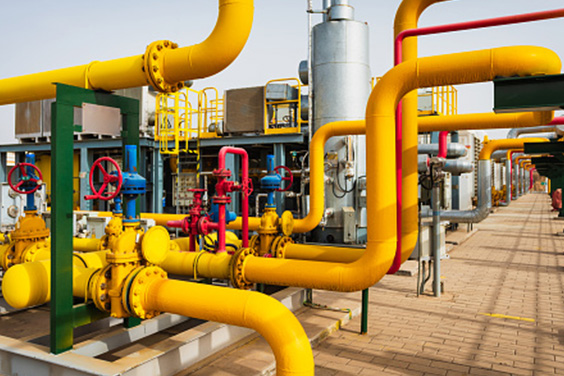
A chemical valve controls the flow of chemicals and other fluids. Chemical valves are used in various industries, including oil and gas, petrochemical, pharmaceutical, and food and beverage. Chemical valves come in different materials, including metal, plastic, and composite. Petrochem valves are also available in various sizes, from small valves for home use to large valves for industrial applications.
How Do Petrochemical Valves Work?
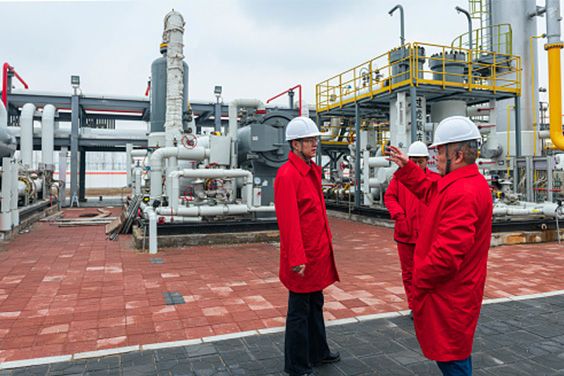
Petrochemical valves are designed to open and close to changes in pressure, temperature, or fluid level. The most common type of petrochemical valve is the ball valve, which uses a ball-shaped plug to control the flow of liquids and gasses.
Ball valves are often used in applications where a high degree of accuracy is required, such as in natural gas pipelines. They are also used in applications where a quick shut-off is needed, such as oil refineries.
Other petrochemical valves include check valves, which allow fluids to flow in one direction only; gate valves, which control the flow of liquids by opening and closing a gate; and globe valves, which regulate the flow of fluids by opening and closing a globe.
What Are The Different Valves For The Chemical Industry?
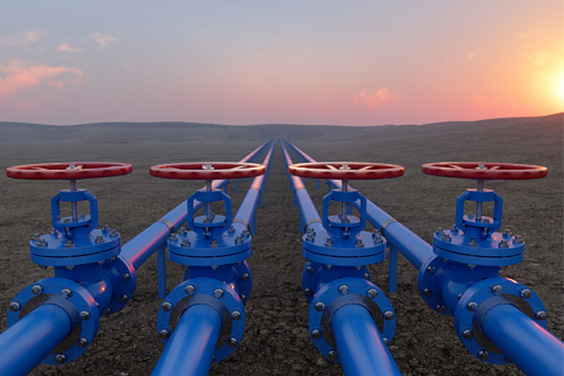
Petrochemical valves are an essential part of the petrochemical industry. They control the flow of liquids and gasses in various applications, from refining crude oil to transporting natural gas. But how do these valves work? And what are the different types of petrochemical valves used in the industry? Let’s discuss it here.
Chemical Control Valve
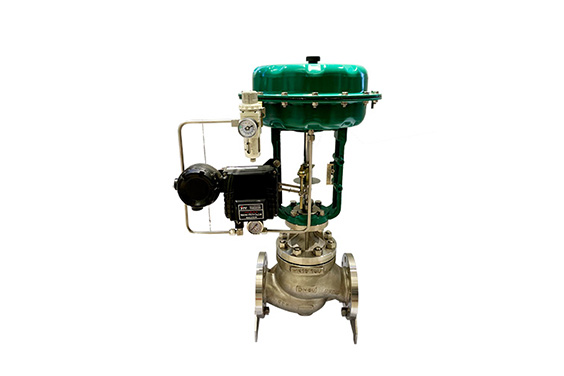
Chemical control valves are used in various industries to regulate the flow of chemicals. These valves are designed to withstand the harsh conditions of the chemical industry and offer several advantages over other types of valves.
One of the most significant advantages of chemical control valves is their ability to withstand high temperatures. This is important in the chemical industry, where many processes involve high temperatures. Other valves may not be able to withstand the same temperatures, which can lead to problems.
Another advantage of chemical control valves is their corrosion resistance. This is important because many chemicals are corrosive and can damage other types of valves. Chemical control valves are designed to resist corrosion, which means they will last longer and require less maintenance.
Finally, chemical control valves are often used in applications where safety is a concern. This is because they are designed to prevent dangerous chemicals from escaping into the environment.
Ball Valve
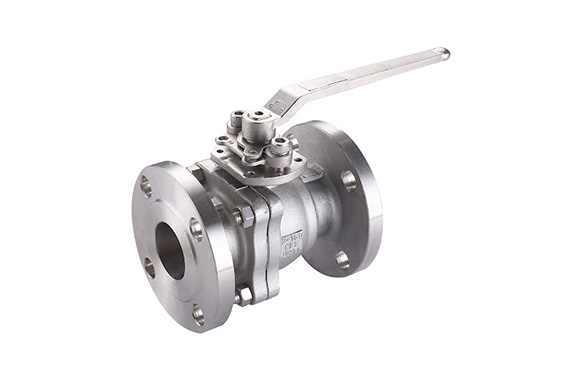
A ball valve is a quarter-turn valve that uses a ball-shaped disc to control the flow of liquids and gasses. The ball valve is opened and closed by turning the handle attached to the ball. When the handle is turned to the “open” position, the ball is aligned with the flow of the liquid or gas, allowing it to pass through. When the handle is turned to the “closed” position, the ball is turned so that it is perpendicular to the flow of the liquid or gas, blocking it from passing through.
Ball valves are used in a variety of applications, including in the chemical industry. They are often used in chemical processes because they can withstand the corrosive nature of many chemicals. Ball valves are also well suited for use in high-pressure applications.
Butterfly Valve
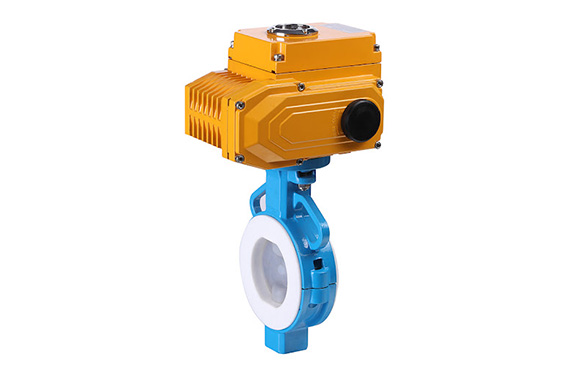
A butterfly valve is a quarter-turn valve that is used to regulate the flow of fluids. Chemical butterfly valves are used in the chemical industry to control the flow of corrosive or dangerous chemicals. They are also used in food and beverage processing, as well as in pharmaceutical and biotechnology applications.
Butterfly valves are generally made of stainless steel or other corrosion-resistant materials, and they have a disk-shaped valve seat with a hole in the center. The disk is connected to a rod that goes through the center of the hole, and when the rod is turned, the disk opens or closes the hole. This allows the butterfly valve to regulate the flow of fluid by opening or closing the hole.
Chemical butterfly valves are used in a variety of applications, and they offer many benefits. They are durable and can withstand high temperatures and pressures.
Plug Valve
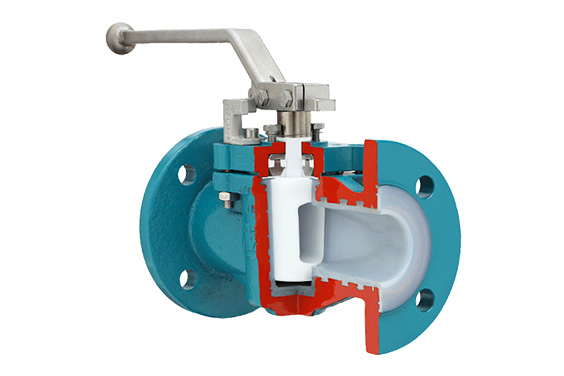
A plug valve is a quarter-turn valve in which a plug with a cylindrical or conical body rotates inside a larger body to open, close or throttle flow. The main advantage of a plug valve is that it can be opened or closed with very little turning force. This makes them ideal for use in situations where space is limited or where a large turning force would be brutal to apply.
Plug valves are also well-suited for use in the chemical industry because they can be made from various materials resistant to corrosion. This means that they can be used to handle a wide range of chemicals without fear of damage to the valve.
Globe Valves
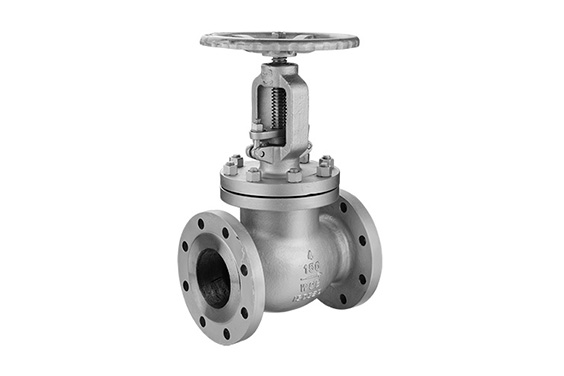
A Globe valve is a type of chemical valves used for controlling the flow of liquids and gasses. It consists of a round body with a movable disk-type element that contains fluid flow through the valve. Globe valves are named for their round, globe-shaped bodies. Globe valves are often used in the chemical industry because of their ability to withstand high temperatures and pressures.
The main advantage of globe valves is precise regulation of flow. Additionally, globe valves provide a tight seal, essential in applications where toxic or volatile chemicals are used.
Knife Gate Valves

Knife gate valves are a type of valves for chemical industry. They are designed to provide a tight seal and are often used in applications where there is a need to control the flow of corrosive or abrasive fluids. Knife gate valves are also often used in applications where there is a need to isolate a particular section of a pipeline. This is because knife gate valves have several advantages that make them ideal for use in these industries.
Some of the advantages of knife gate valves for chemical include:
- Gate valves have a tight seal that prevents leaks
- They are easy to operate
- Gate valves are durable and can withstand high pressures
- They are available in a variety of materials, including stainless steel, which is resistant to chemical corrosion
Slide Gate Valves
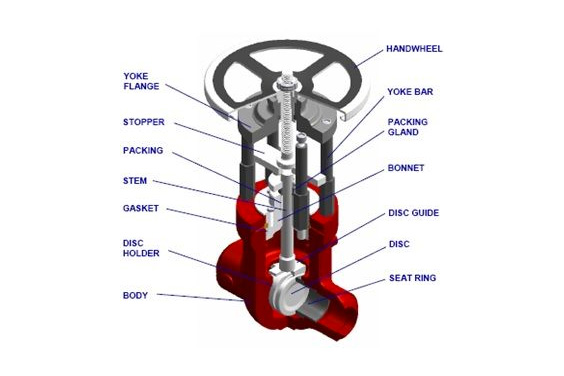
They are used in various applications where a tight shut-off is required. A few of these applications are in the food, beverage, and pharmaceutical industries, where hygiene is of utmost importance. Another common application is in the chemical industry, where corrosive or abrasive materials are being handled.
Slide Gate Valves have many advantages over other types of valves. One advantage is that they can be used in very high-pressure applications. Another advantage is that they have a very tight seal which is essential in applications where hygiene is a concern. Slide Gate Valves are also very easy to operate, which makes them a good choice for applications where automation is not possible or desirable.
Chemical Valves For Different Applications
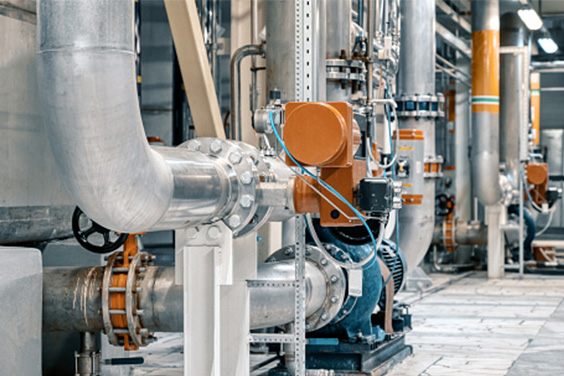
Valves For Ethylene & Propylene Processing
Valves are an essential part of any ethylene or propylene processing plant. They are used to control the flow of fluids and gasses in the process and come in various types and sizes.
There are three main types of valves used in ethylene and propylene processing: ball valves, butterfly valves, and check valves. Ball valves are the most common type of valve used in this processing, as they can handle a wide range of pressures and temperatures. Butterfly valves are also used in some applications, as they offer a higher level of control than ball valves. Check valves are used to prevent backflow in the process and are typically used in conjunction with other valves.
When selecting valves for ethylene and propylene processing, it is essential to consider the application’s specific needs.
Valves For Chlorine Services
A variety of valves can be used for chlorine services, but not all valves are created equal. Choosing the correct valve for the job is essential to ensure safe and reliable operation.
The most common valves used for chlorine service are ball, butterfly, and check valves. Ball valves are typically used for on/off applications, while butterfly valves regulate flow. Check valves are used to prevent backflow.
When choosing a valve for chlorine service, it’s essential to consider the material the valve is made of. Chlorine is a highly corrosive chemical, so the valve must be made of a material that can withstand its corrosive effects. The most common materials used for chlorine service valves are stainless steel, Hastelloy, and Inconel.
Valves For Polyolefins And Polymers Processing
Valves are an essential part of any polyolefin or polymer processing operation. They control the flow of materials and can be found in various applications, from injection molding to extrusion.
There are a few things to remember when selecting valves for operation. First, one should consider the type of material that will be processed. Different materials require different types of valves. For example, softer materials like polyethene can be processed with gate valves, while more rigid materials like polypropylene require globe valves.
Consider the size and shape of the material that will be processed. This will determine the size and type of valve that is needed. For example, more extensive materials may require butterfly valves, while smaller materials can be processed with ball valves.
Factors To Consider When Selecting Chemical Resistant Valve
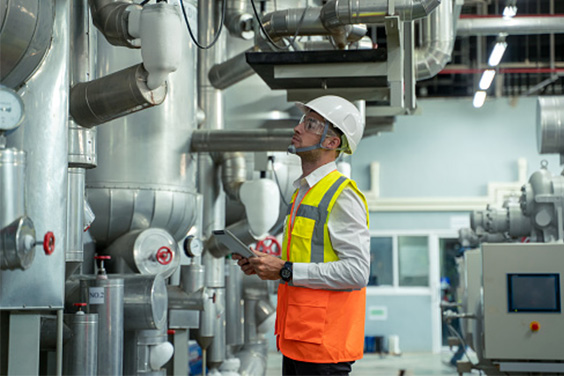
When selecting a chemical-resistant valve, there are a few key factors that need to be considered to make the best decision. Depending on the application, some of these factors may be more important than others. Here are five factors to keep in mind when selecting a chemical-resistant valve:
- Temperature – The temperature of the fluid or gas being transported through the valve will significantly impact the type of valve. Make sure to choose a valve that can withstand the temperatures when dealing with it.
- Pressure – The fluid or gas pressure is also an essential factor. Choose a valve that can handle the pressure when working with.
- Chemical Compatibility: There are many different chemicals on the market, and every kind of valve has a different level of resistance. Select a valve that can withstand the type of chemicals that need to resist.
- Application Needs: Different applications have different needs. Some applications may require a valve with a higher level of resistance, while others may not need as much. Make sure to select a valve that meets the needs of the application.
- Size – The size of the valve is also essential. Make sure to choose a large enough valve to handle the flow rates when dealing with.
- Cost – When selecting a chemical-resistant valve, make sure to consider the cost. There are a variety of factors that can impact cost, so make sure to get multiple quotes before making the final decision.
Contact Professional Chemical Valves Manufacturer - SIO
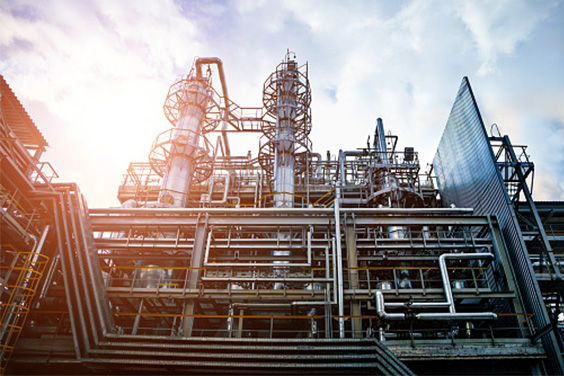
SIO has been a professional chemical valve manufacturer in business for over decades. We offer a wide range of products, from simple ball valves to complex butterfly valves, that are designed to meet the needs of our clients. Our products are made from the highest quality materials and backed by a team of experts ready to assist with all of the valve needs.
If want to learn more about our products or would like to request a quote, don’t hesitate to contact China valve supplier SIO. We look forward to hearing and helping clients to find the correct valve for the needs.

